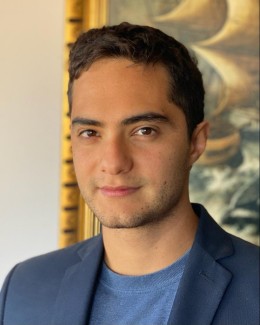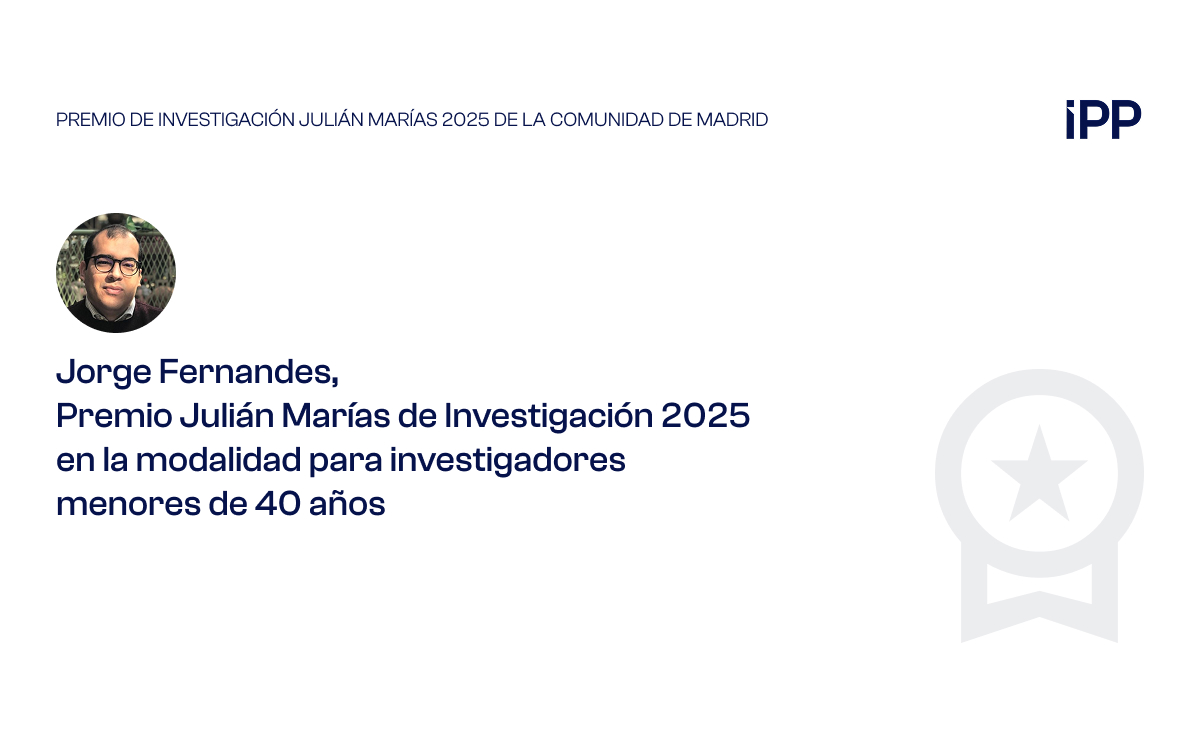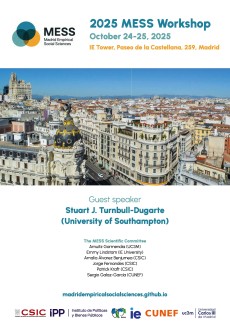Martínez-Cantó, J. & Fernandes, J. (2025). The implementation of decentralisation reforms in multi-level systems

Abstract. In countries with multi-level governance, the balance of power between centre and periphery results from complex bargaining processes. Existing literature equates decentralisation to its de jure dimension, which risks missing variation in the extent to which decentralisation reforms take place. In this paper, we argue that decentralisation is a two-stage process. In the first step, political elites bargain and agree on reforms to the legal framework to reflect the distribution of powers between the centre and the periphery.








